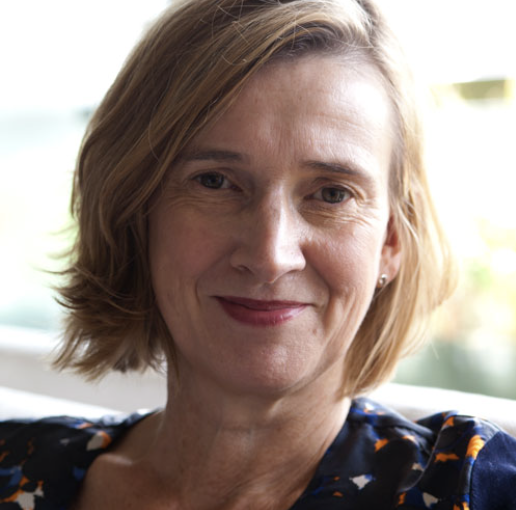Despite it's magnetic charm, if Couples Therapy with Dr Orna Garulnik on BBC iPlayer sometimes feels just a little bit too rich and chewy a meal, then try turning to the second series of State of the Union now streaming on the same channel.
This series is more amuse bouche or petit four, very easy to digest and to delight in. There are ten parts, all just ten exquisitely acted minutes a piece starring Brendan Gleeson as Scott and Patricia Clarkson as Ellen, a couple in their sixties who we meet as they begin to review their marriage of some forty years in couple therapy. These are empty nesters, with Scott seemingly happy with their comfortable life together, his golf and Ellen he thinks spending much of her time with their children and grandchildren.
Like the first series, which starred Rosamund Pike and Chris O'Dowd, State of the Union is written by Nick Hornby and directed by Stephen Frears. It sticks with the same format of taking us to the door of the consulting room, but never goes inside. The first series was set in a London pub where both the couple feel at home. This series' setting in a US coffee bar called 'Mouthfeel' initially favours Ellen who frequents it after yoga class and alienates Scott who wants to order a simple coffee, and wants to be clear about what gender, the server, Jay played by Esco Jouly , is.
Perhaps both of Scott's early stumbles seem a bit obvious, it is a man of a certain age dominated script. However, the interactions of the couple, their intimacy, the delicious shorthand they have established in their years together, the miscommunications, misapprehensions are treated so tenderly that Scott's battle with wokeness begins to seem much more like someone struggling to genuinely understand the new and different, rather than a dinosaur hellbent on denigrating it. There are good twists, Ellen's new found activism blinding her to her need to check her privilege, is nuanced. They talk openly about their sex life, not the detail, but the fact of it, which is refreshing. There is no attempt to get a laugh out of the idea of grandparents as sexual beings. Though there are several true and subtly underplayed laughs at the expense of intimacy retreats.
What State of the Union shares with Couples Therapy is that both programmes, one fictionalised, one real, powerfully reveal a couple's capacity for change if given the right time and space. Both programmes show how talking, thinking, feeling in the consulting room, or in the liminal coffee-fuelled space just outside it, can make a real difference to how a couple relate. Neither Dr Orna Garulnik, nor Ellen and Scott, are presented to us to evangelise about the sanctity of marriage. Dr Orna may be rather more open to the myriad forms of diversity than perhaps Nick Hornby's otherwise crackling script, but both invite us to pause, to refrain from jumping to emotional conclusions. They are both humane and, I feel, a huge contribution to the dialogue about couples and therapy.
Camilla Nicholls is a verified Welldoing therapist in North London and online

